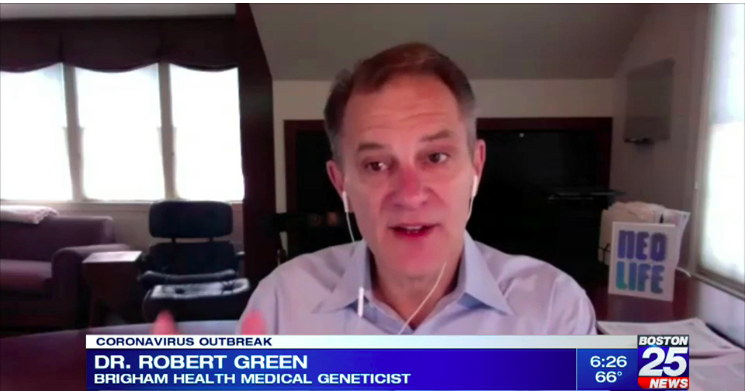
Boston researchers using COVID-19 patients’ DNA to unlock secrets about impact of virus
Boston researchers using COVID-19 patients’ DNA to unlock secrets about impact of virus

Boston researchers using COVID-19 patients’ DNA to unlock secrets about impact of virus
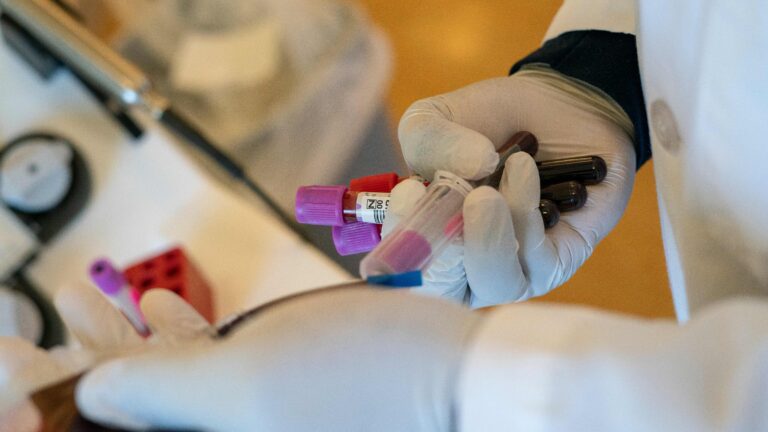
To help scientists around the globe study Covid-19, researchers in Boston have shared genetic and other clinical data from thousands of patients with an international consortium. That data includes information from dozens of people with Covid-19, who had donated blood samples and opened up their medical records before the pandemic.

Elizabeth Fieg, MS, LCGC discusses the importance and implication of the H.R. 3235-The Access to Genetic Counselor Service Act that would authorize and recognize appropriately credentialed genetic counselors as reimbursable providers under Medicare.
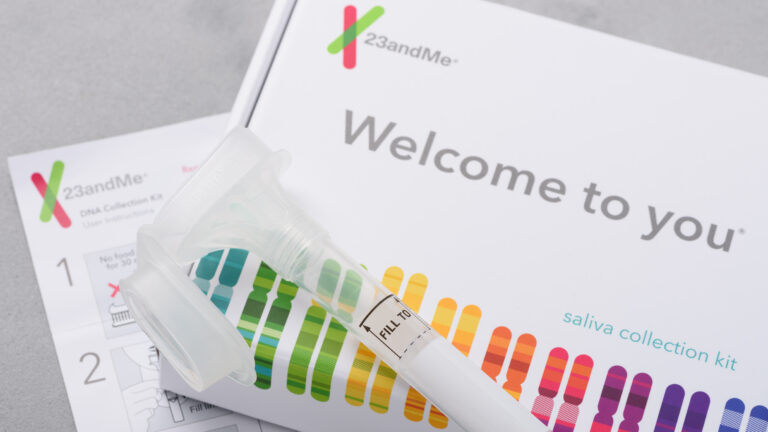
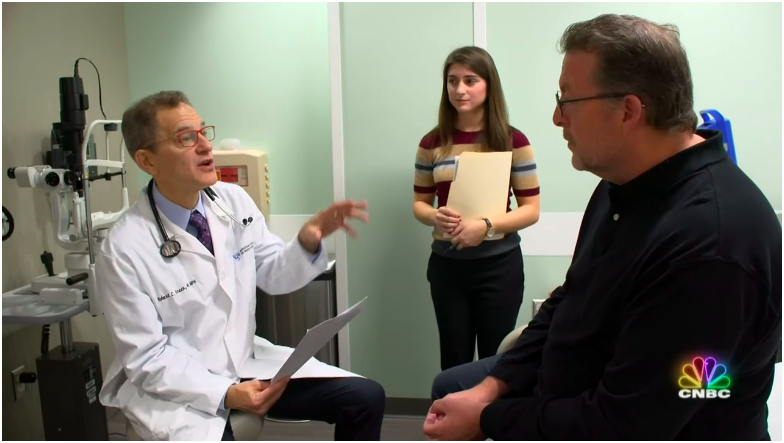
Dr. Robert Green is the director of the Preventive Genomics Clinic at Brigham and Women’s Hospital in Boston. He believes that DNA testing combined with proper counseling and medical follow-up would be a critical element of a healthcare system that can prevent illness.
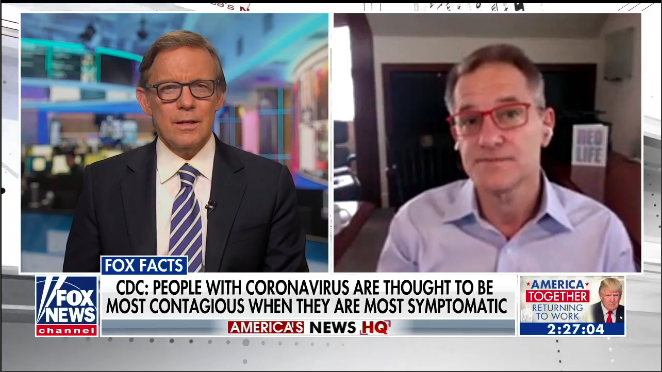
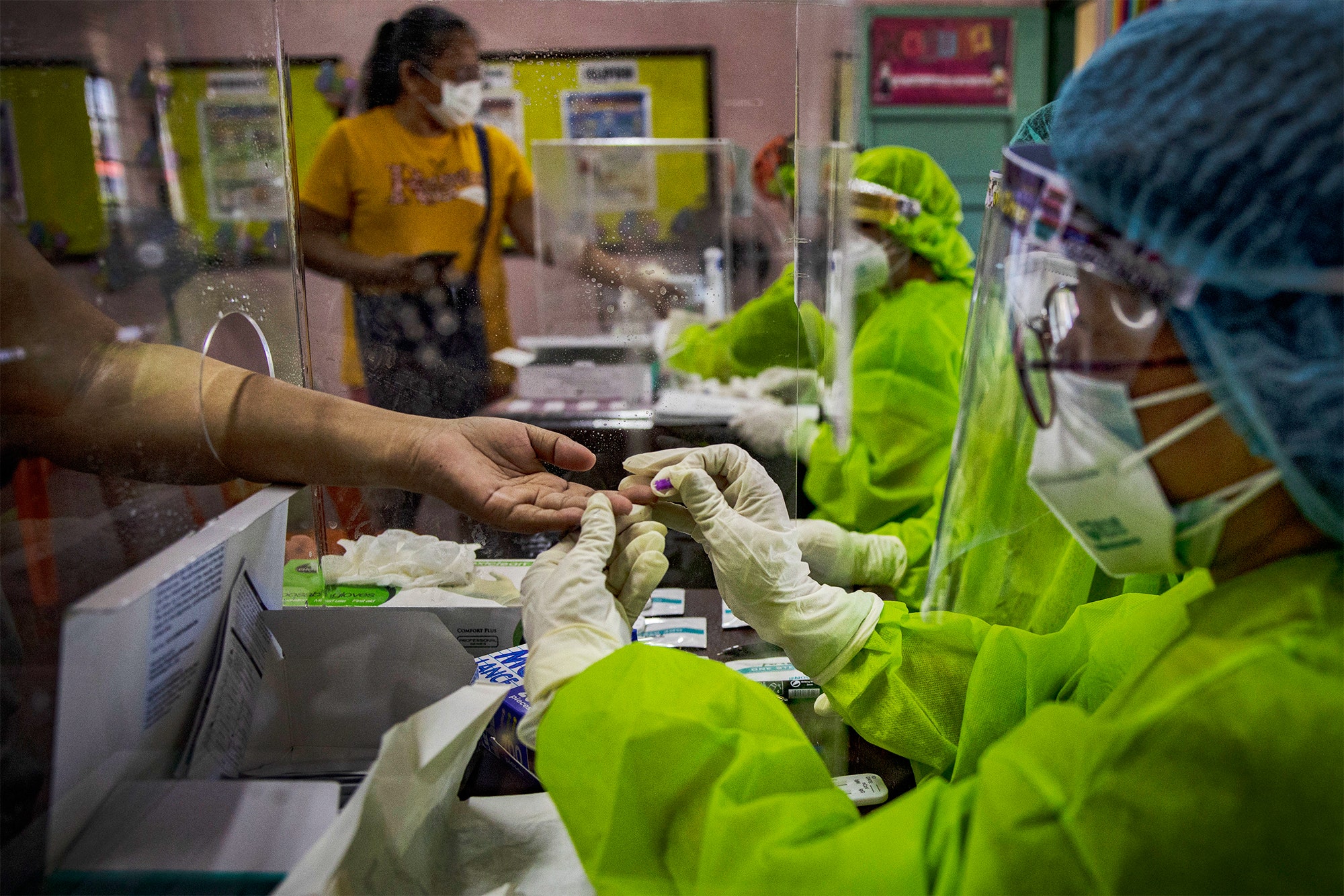
Our genes might make some of us more susceptible to COVID-19—but which genes? Geneticists are sharing their vast DNA databases to find out.
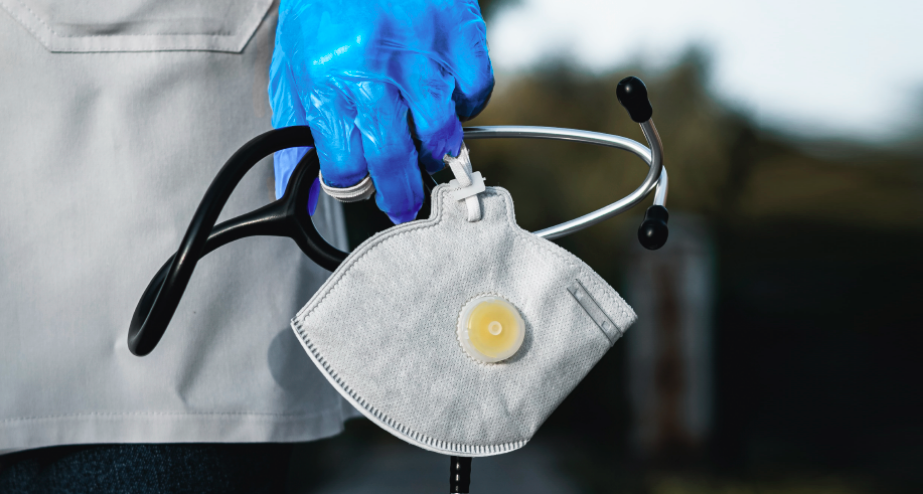
“..There are researchers – every single scientist is thinking ‘how can I contribute?’”

“While healthy young people as a group are less likely to have severe symptoms with COVID, they have to understand that some of them will become very ill and will even die from this infection,” Dr. Robert Green said. “No one should assume youth makes them invulnerable.”
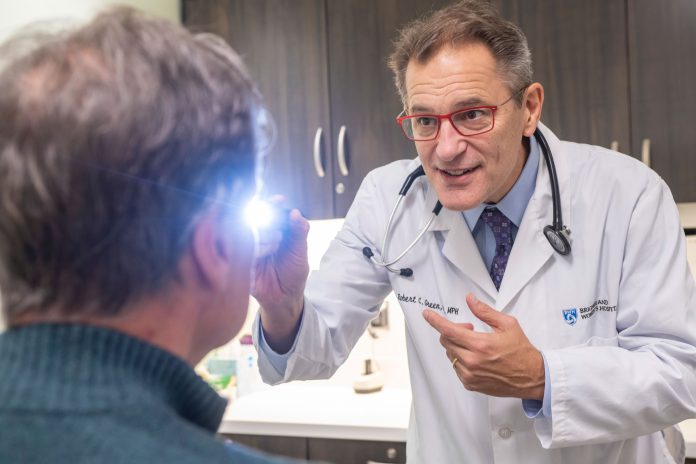
An exclusive Clinical OMICs conversation with the director of Genomes2People, Robert Green, M.D., MPH
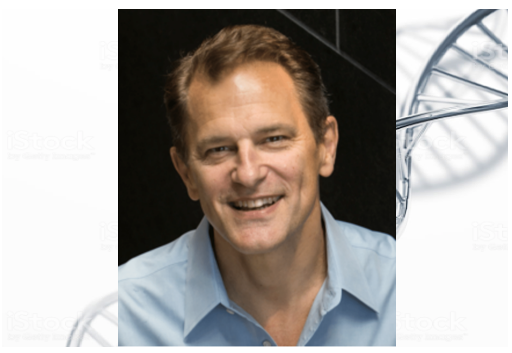
Greg and Robert explode some of the persistent myths around genetic testing and dive in to the future of genetic testing amongst healthy populations

Through national research efforts like the All of Us Research Program, Brigham investigators and their collaborators are making genomic research more meaningful, equitable and impactful for all patients at the Brigham and around the world.

Whole genome tests can help identify the cause of a baby’s mysterious illness. But ethicists say it’s still too soon to use them for all infants.
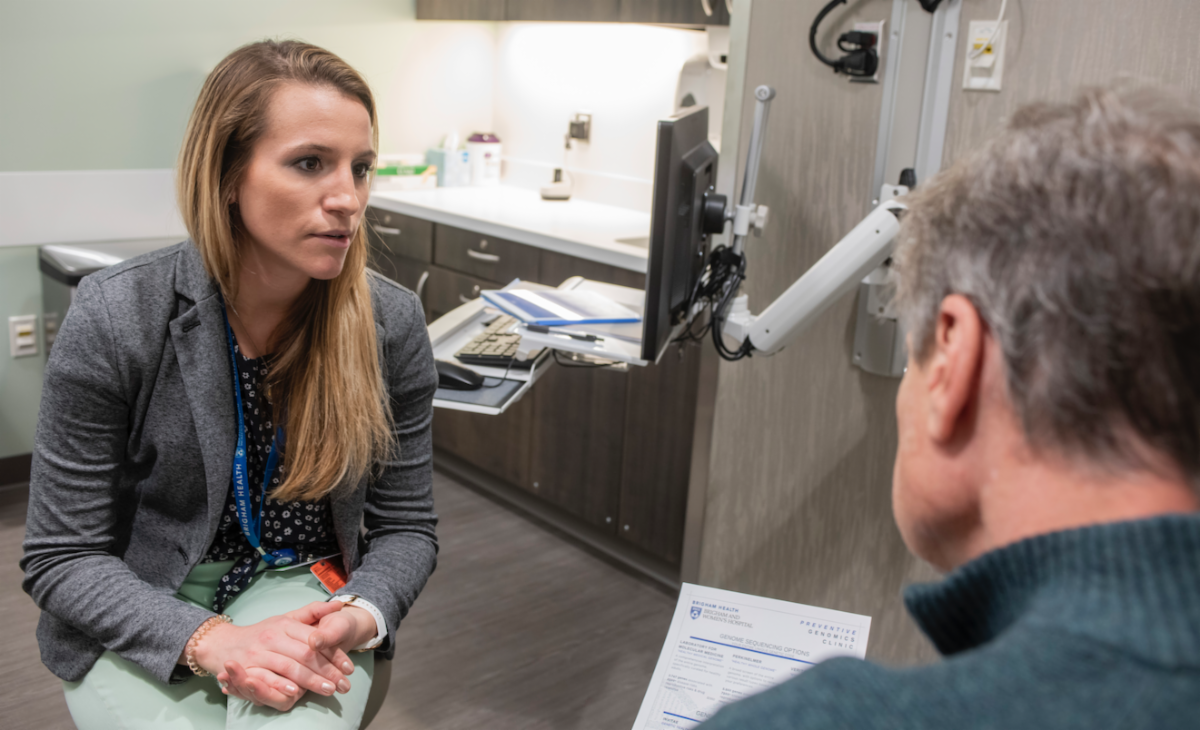
In our winter edition newsletter, we have recapped all the incredible work that the G2P team has been doing since the fall. The Preventive Genomics Clinic has now seen 100+ patients. G2P work has been cited in numerous news & media outlets, and our collaborators at Genomes2Veterans have published spectacular data on implementation of precision … Continued
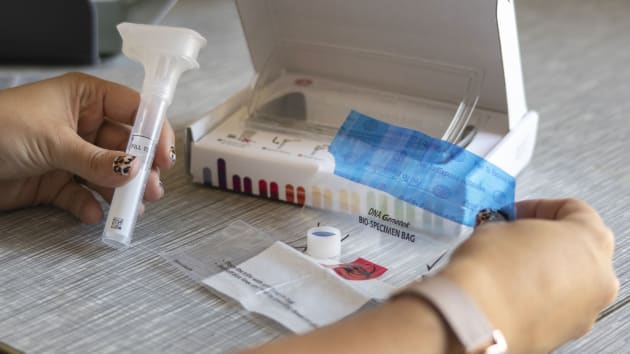
“Our research is finding that genetics is about to take its rightful place in medical care for the world.” said Dr. Robert Green, a professor of genetics at Harvard Medical School.
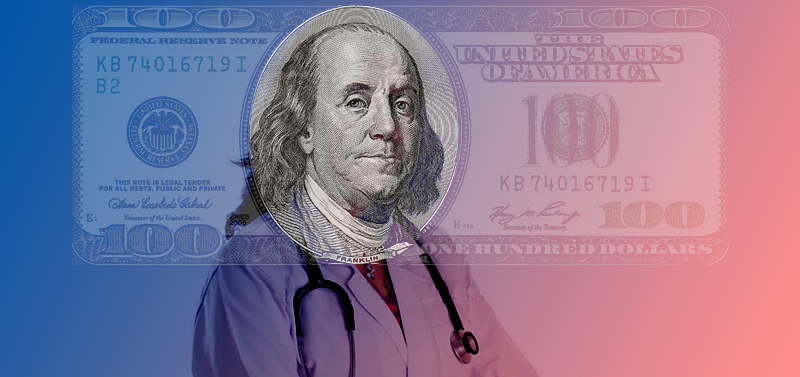
“The cost of sequencing itself is already comparable to a lot of other diagnostic tests regularly used in medicine,” Kurt Christensen, PhD said. Besides: “What really moves the needle on cost effectiveness isn’t the costs — it’s the benefits.”

Companies claim they can now easily calculate your biological age. Should you take them up on it?
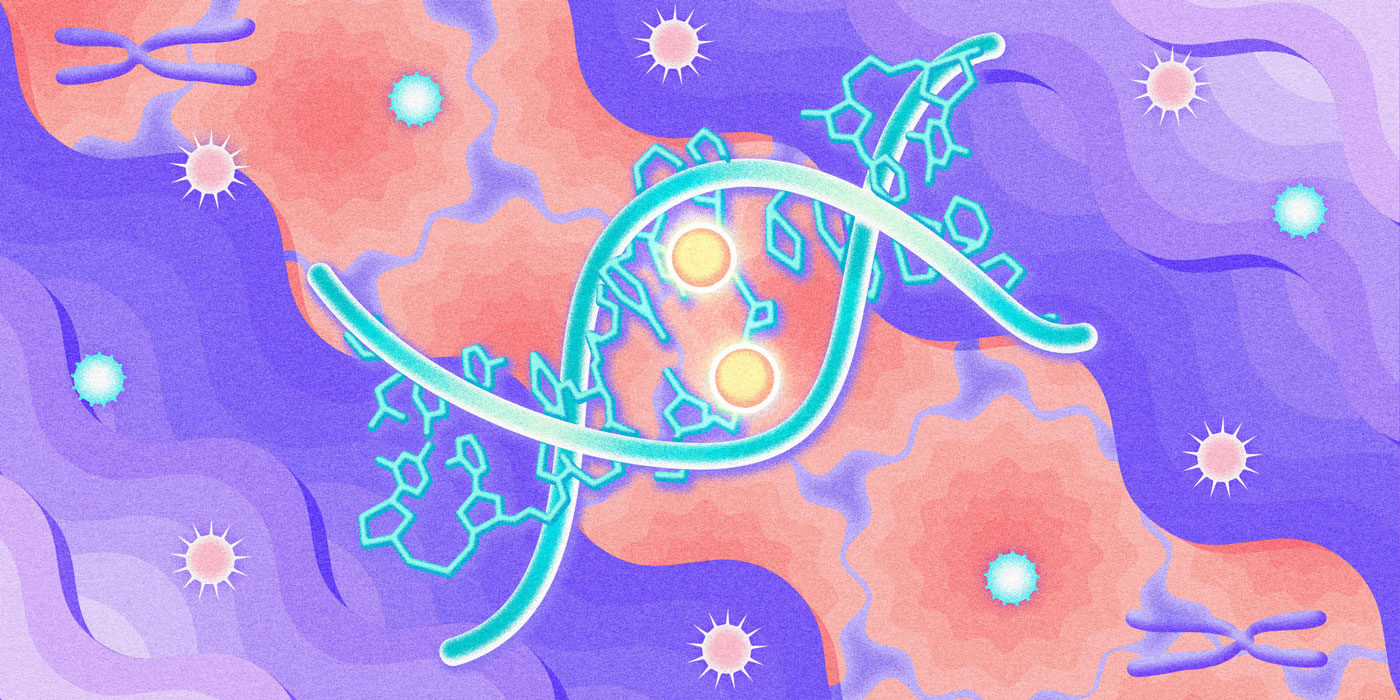
A new epigenetic test that tracks molecular aging claims to show you how to stay biologically young. However, Robert Green says “epigenetic marks in apparently healthy people can tell them meaningful things about their health status is an overreach.”
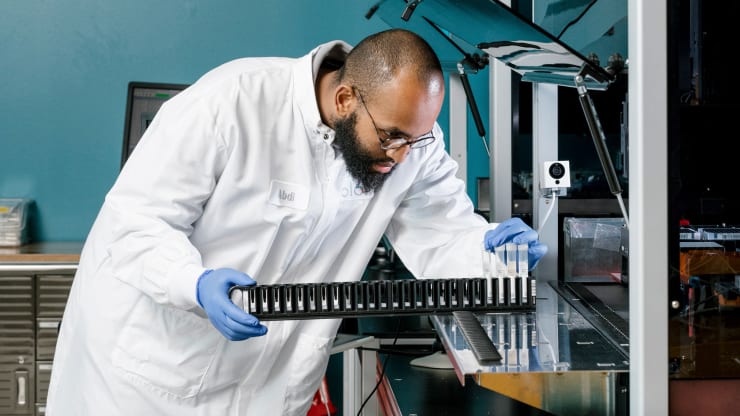
“It’s really exciting that to see companies move to preserve health, rather than just treating patients when they’re ill,” said Dr. Robert Green, a medical geneticist at Harvard Medical School and a co-founder of a genetics company called Genome Medical.
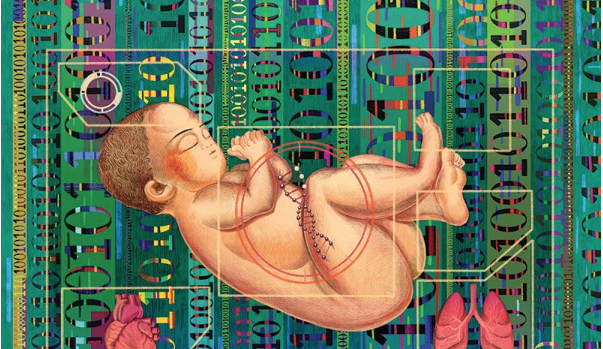
We now have the ability to screen for thousands of genetic diseases in newborns. That may not always be the healthy thing to do.

Genetic counselors are becoming a bigger part of the healthcare continuum as population health management seeks to more quickly screen for, assess and prevent illness. Read on as genetic counselors in the field, including our own, Carrie Blout, address some of the barriers in genetic counseling.

BGI is racing toward a world where your DNA informs your medical decisions—and maybe some of your personal ones. Bloomberg asks Dr. Robert Green on his thoughts regarding the medical advances in genomics in China and how they compare to those in the US.
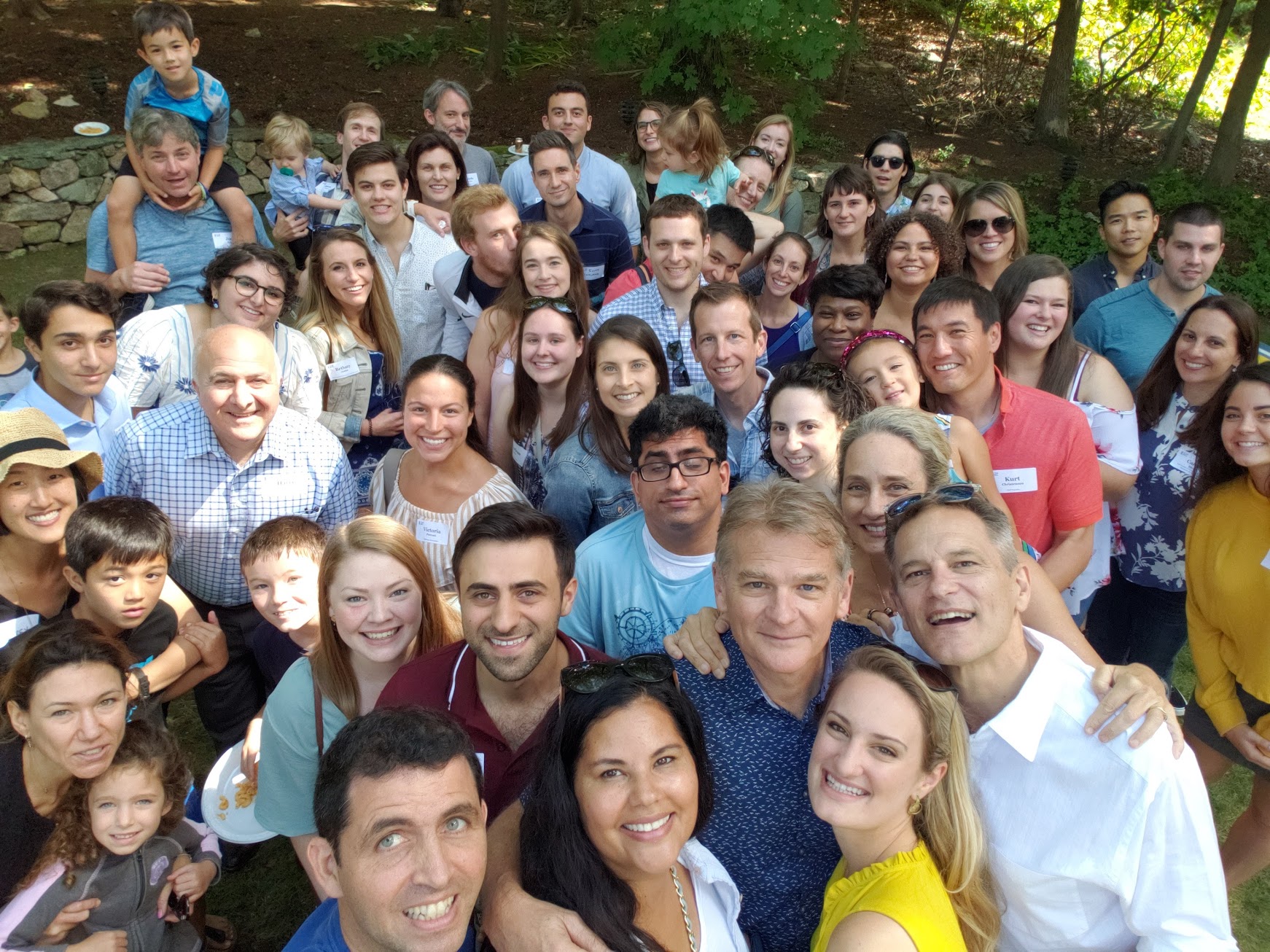
This Fall, G2P launched the Brigham Preventive Genomics Clinic, the first ever to offer comprehensive sequencing to healthy adults and children. We also hosted the PopSeq Inaugural Retreat in Boston to kick-off the first ever study to return unanticipated genetic findings to African Americans and examine rare diseases in population-based cohorts. Check out the new … Continued

Please view our online brochure if you are interested in learning more about the Preventive Genomics Clinic at Brigham & Women’s Hospital

Want more information on the Preventive Genomics Clinic? Check out answers to our most frequently asked questions.

The ultimate aim of our Genomes2People Research Program is to contribute to the transformation of medicine from reactive to proactive, from treatment-oriented to preventive. We are trying to help build the evidence base that will justify societal decision to make these technologies and services accessible to anyone who wants them, regardless of means, education or … Continued
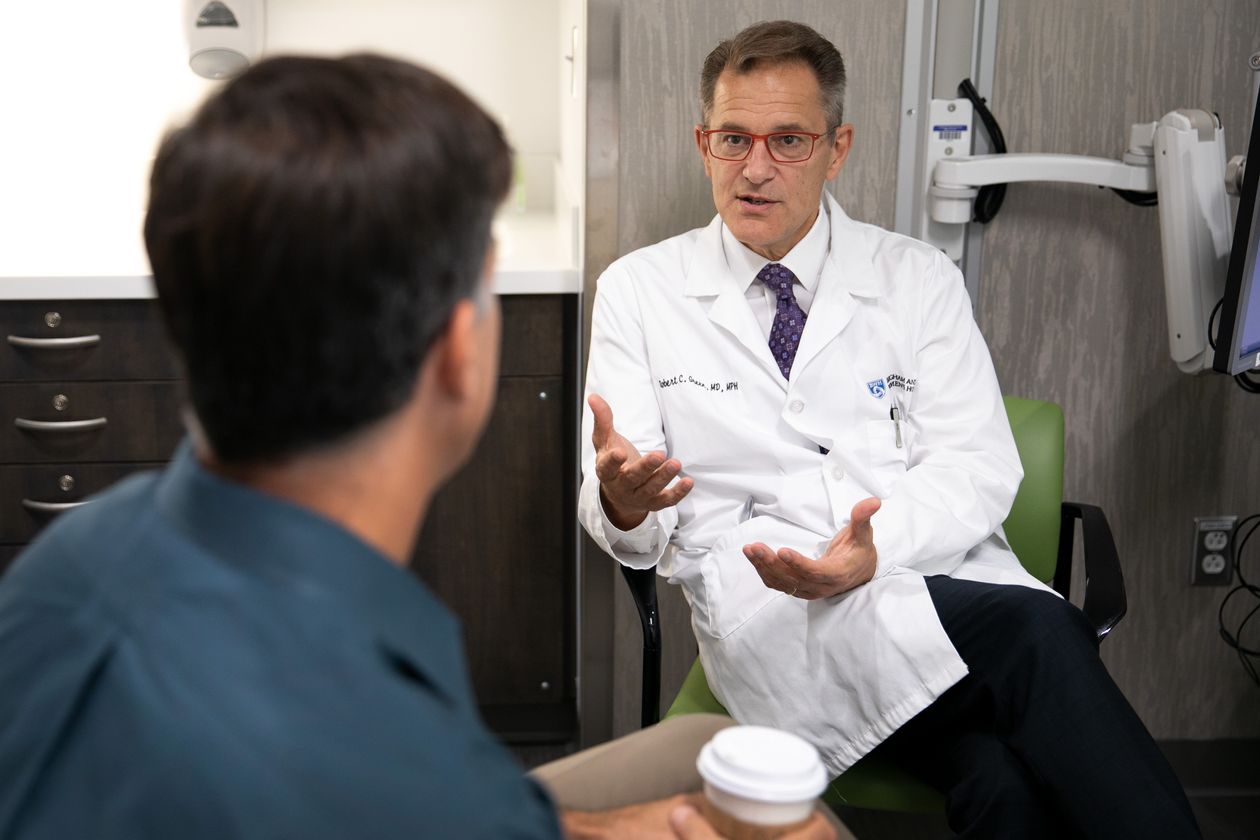
Genetic scans provide lots of information, but only a fraction is returned to patients. Dr. Robert Green states “It’s their body and their DNA. We have a responsibility to scientific truth and clear communication.”
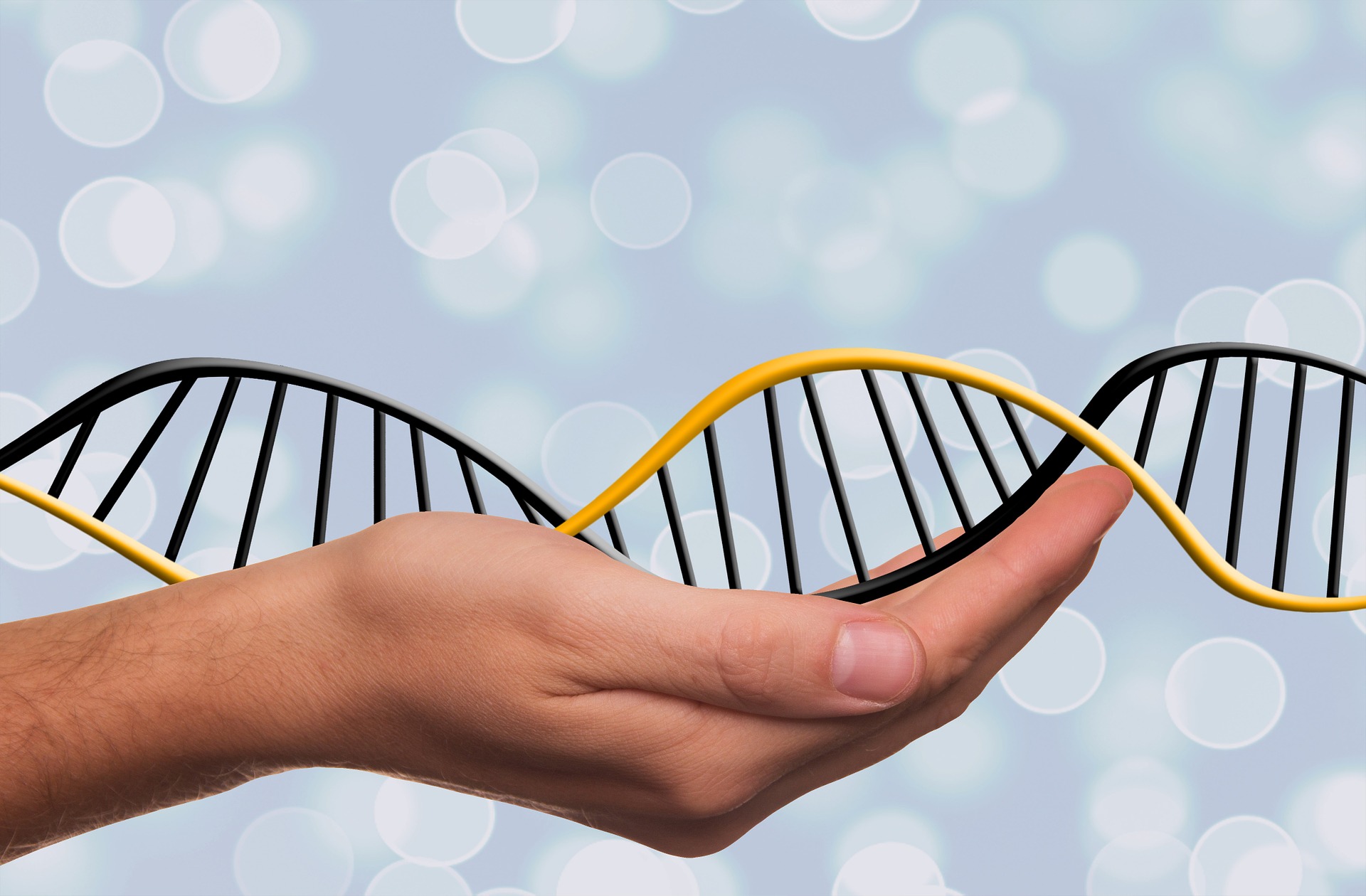
“Preventive genomics is not yet recommended as standard of care,” Robert Green, director of the Preventive Genomics Clinic, said in a statement. “But for over two decades, our NIH-funded, randomized trials in translational genomics have generated consistent evidence that there are more potential medical benefits and fewer risks than previously considered. It is time for … Continued

Brigham and Women’s Hospital has launched the Preventive Genomics Clinic, a facility designed to provide comprehensive DNA sequencing, interpretation and reporting of disease-associated genes.
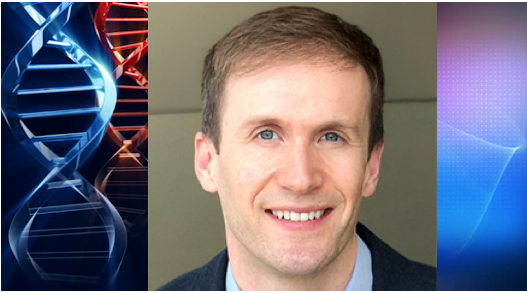
Dr. Jason Vassey was announced as one of six recipients for the Genomic Innovator supporting early career investigators researching genome biology, genomic medicine, technology development and societal implications of genomic advances.

Researchers led by Robert Green at Brigham and Women’s Hospital looked at whether consumers getting direct-to-consumer genetic testing were using PGx tests to change treatment decisions. Although this study relied on self-reported data from participants, it suggests that less than 1 percent could have made unsupervised medication changes based on their genetic test results.
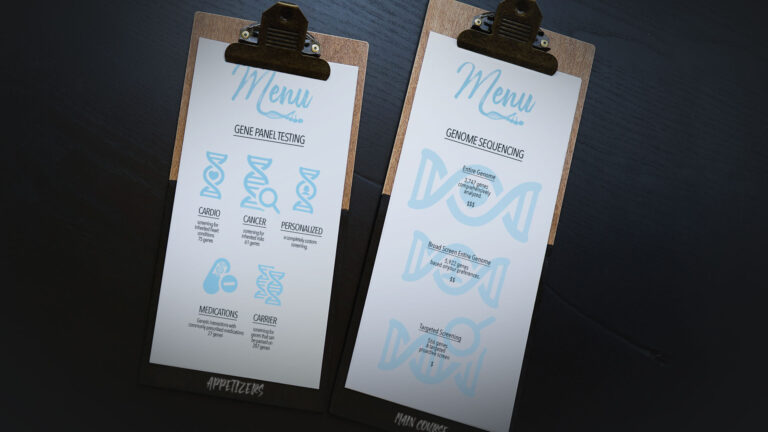
Brigham and Women’s Hospital on Friday unveiled a new Preventive Genomics Clinic that will offer a menu of options for a genetic workup, with price tags ranging from $250 to $2,950, depending on how many genes are analyzed; it’s the first program of its kind that will offer the sequencing to children in addition to adults.
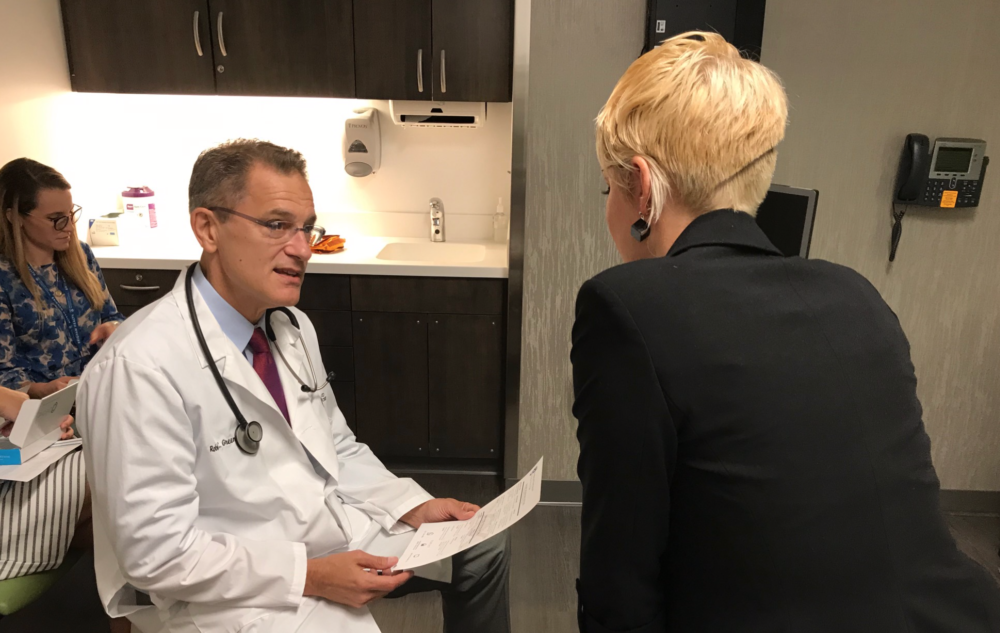
The preventive genomics clinic is offering what’s arguably the opposite of modestly priced, do-it-yourself tests: It’s a full-service genomics clinic for patients who want the elite care of an academic medical center and will pay for it out of pocket.
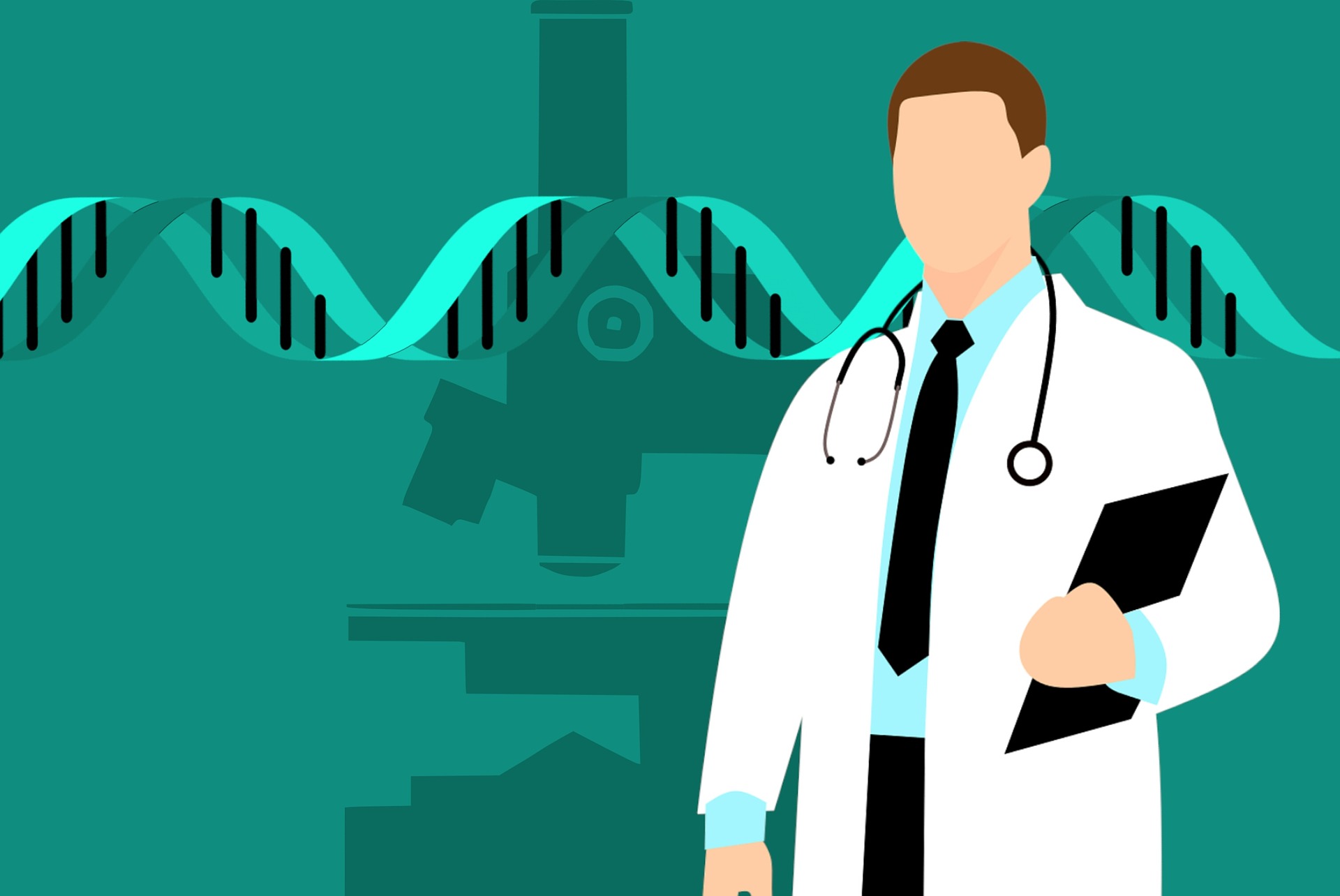
Nation’s first academic clinic to offer comprehensive DNA sequencing and genetic risk assessment to healthy adults and children

Disruptive philanthropist, activist and fashion innovator Iman Abdulmajid will receive the award at a dinner on the eve of the 76th Venice Film Festival.
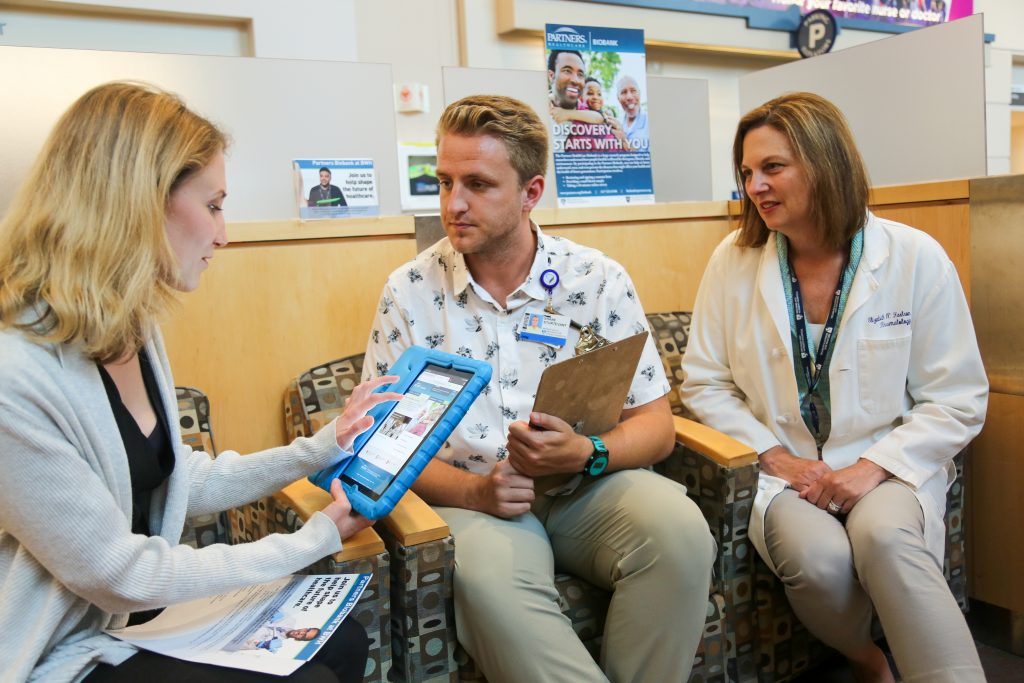
“I would have never known that I was at risk if i hadn’t donated to the Biobank,” said Kristine Trudeau who knowingly enrolled in the Partners HealthCare Biobank because she wanted to help advance medicine and potentially save lives. She did not expect that it would save her own.

The first major randomized clinical trial on the effect of disclosing genetic information found that people who decided to learn about their genetic risk of developing Alzheimer’s disease did not experience large, negative psychological impacts.
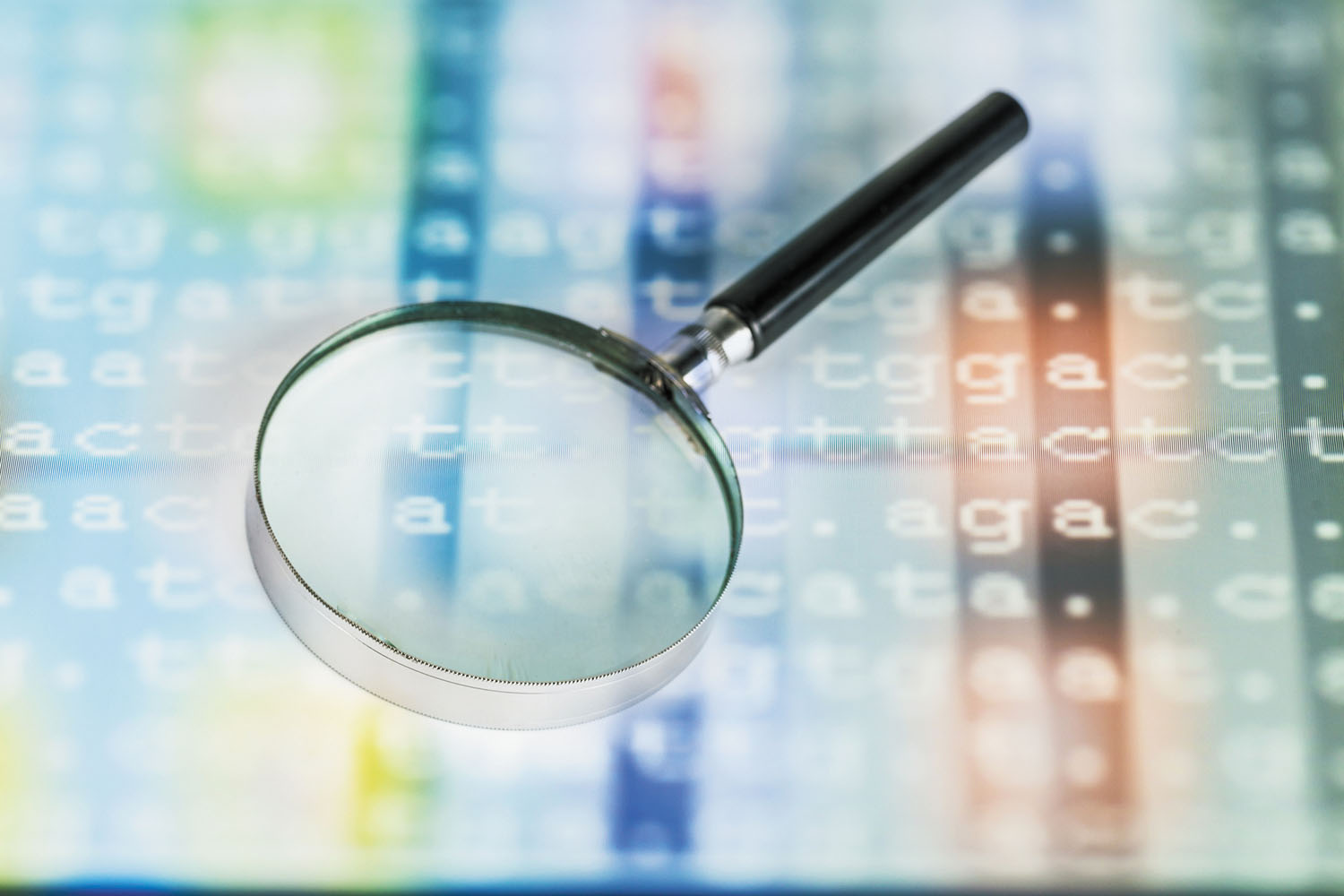
More and more people want to explore their own medical data, and a DTC genetic test is one way to begin to understand some aspects of your future health.

At a new clinic in Boston, genetic counselor Carrie Blout helps healthy patients get their DNA tested for predispositions to more than 2500 diseases. Bloomberg’s Aki Ito goes through the testing herself, trialing a controversial technology at the forefront of modern medicine.
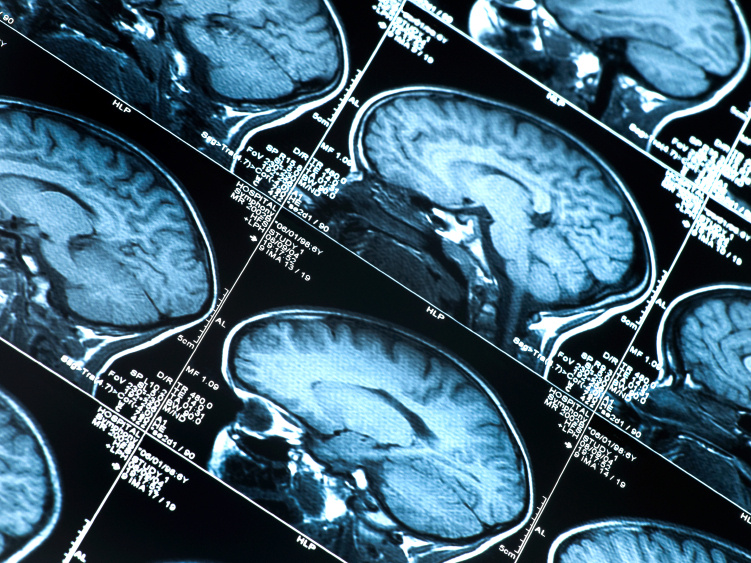
Dr. Robert Green and Kreg Klugman explore the pros and cons of knowing one’s risk for developing Alzheimer’s.